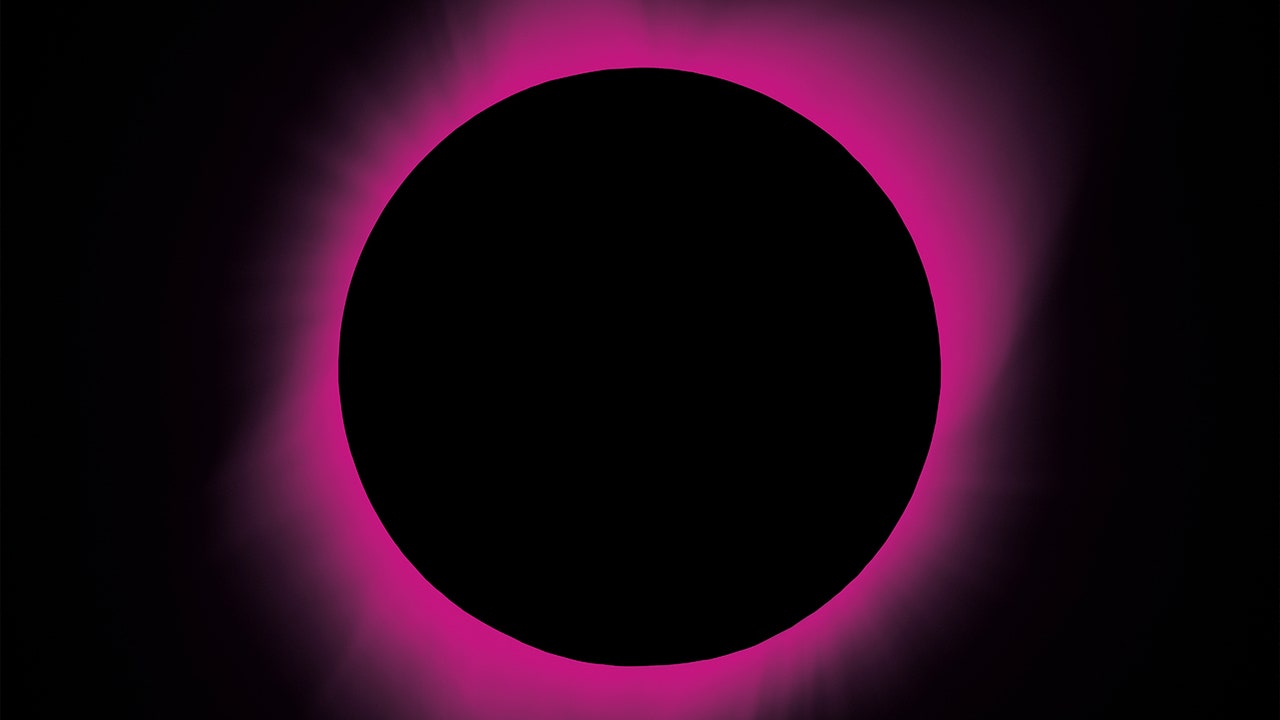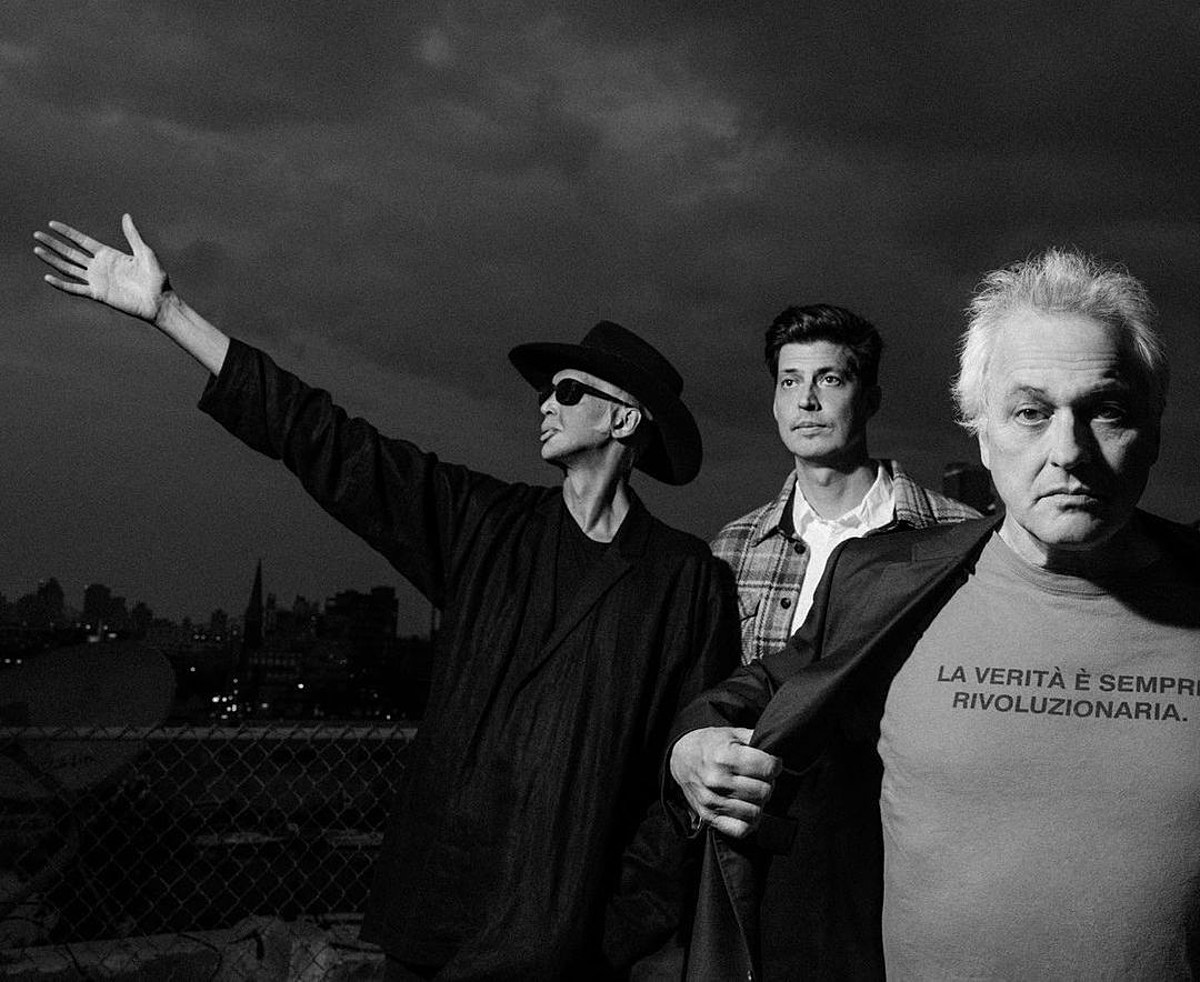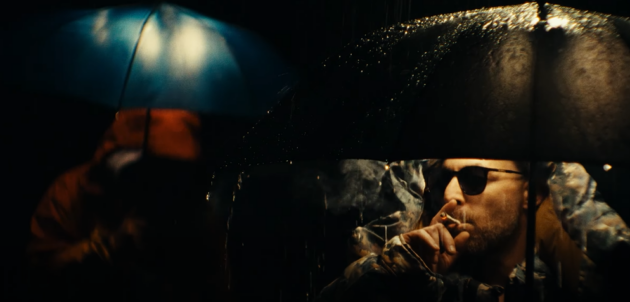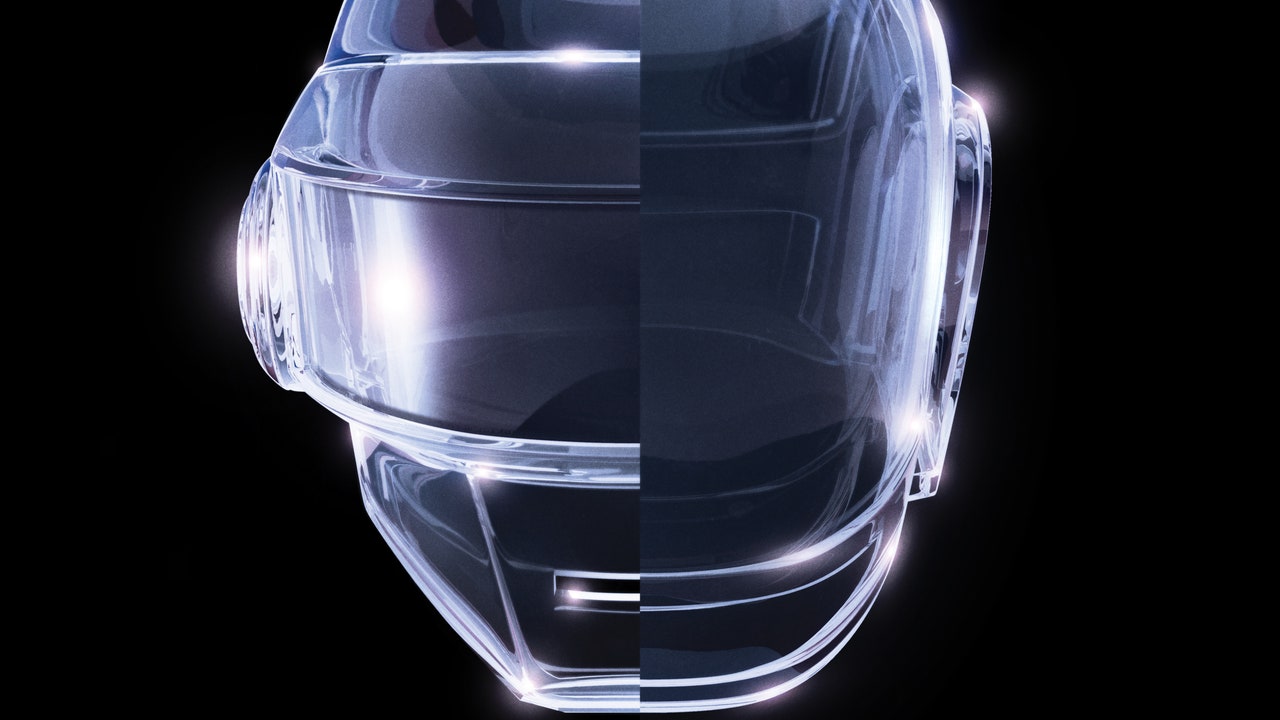What if 4’33” went to 11? That’s one thought experiment posed by Ben Frost’s radical new album of deconstructed metal, in which the riffs are only as important as the silence that yawns between them. Strange things happen in the interstices: Microsecond-long reverb tails assume an almost physical form, jutting out against the vacuum in eerie bas-relief. Wisps of electricity sweep through filters and phasers, leaving smudgy fingerprints. But turn it up loud enough to hear those whisper-soft details and risk your neighbors’ wrath. This is a brutally loud album, its low end practically steroidal; downstrokes are accompanied by walloping thwacks, rendering the guitar a percussive instrument as much as a tonal one. Few records—certainly few records that take their cues from the heaviest strains of metal—can boast such a vast dynamic range.
The guitar has long played a central role in the Australian-born, Iceland-based musician’s work. On his 2009 breakout, By the Throat, one of the first sounds we hear is a gravelly crunch familiar from metal and hardcore. While the arrangements cycle through strings, horns, choir, electronics, and even wolf growls, the telltale rumble of guitar distortion is never far off; the whole album feels perfumed by the smoke of burning Marshall stacks. Frost leaned even further into both metal grandeur and textural swirl on A U R O R A’s fuzzed-out snapshots of the sublime. But he’s never foregrounded the guitar quite like he does here. To create Scope Neglect he enlisted bassist Liam Andrews, of Australian post-punks My Disco, and Greg Kubacki, guitarist of the Long Island progressive metal band Car Bomb. It’s Kubacki’s playing that gives the album its unique character: His chugging, disembodied riffs are treated as seedlings, nourished by Frost’s electronic treatments and left to blossom in the arid emptiness, like desert flowers sprung from sere volcanic soil.
Framing atonal bursts of guitar against inky silence, the album begins as a tug-of-war between being and nothingness. More prosaically, it sounds like someone trying out gear in Guitar Center—the riffs feel tentative, disconnected, uninterested in the sort of meaning-making that takes place when phrases are woven into an overarching continuity. But this Guitar Center would also have to be an anechoic chamber, a space so free of extraneous noise that you can hear the blood pumping through your own veins. That’s where the album’s profound strangeness begins to assert itself—in the dead spaces between the notes, the void that seems to swallow every sound as soon as it’s been made.



